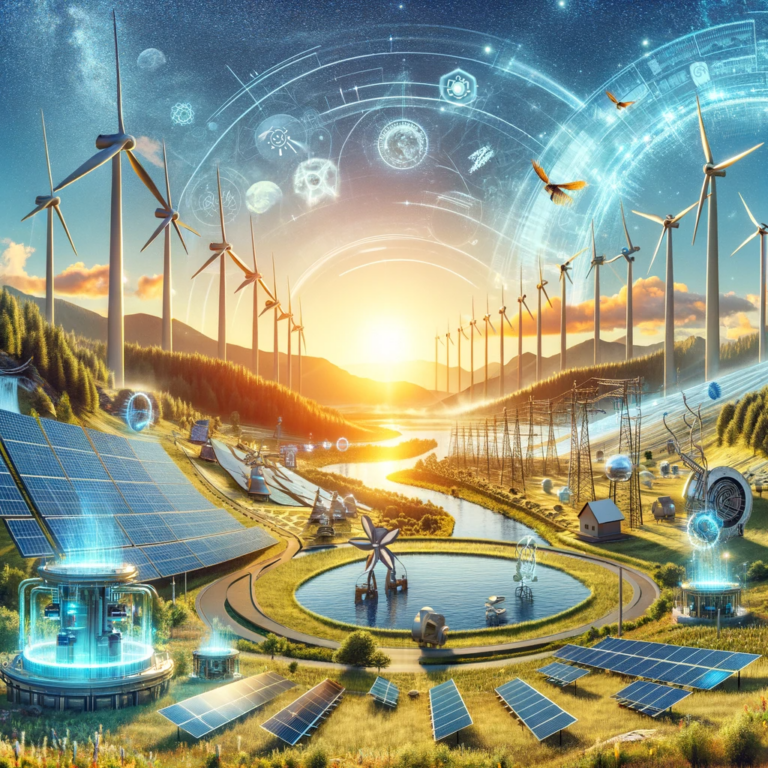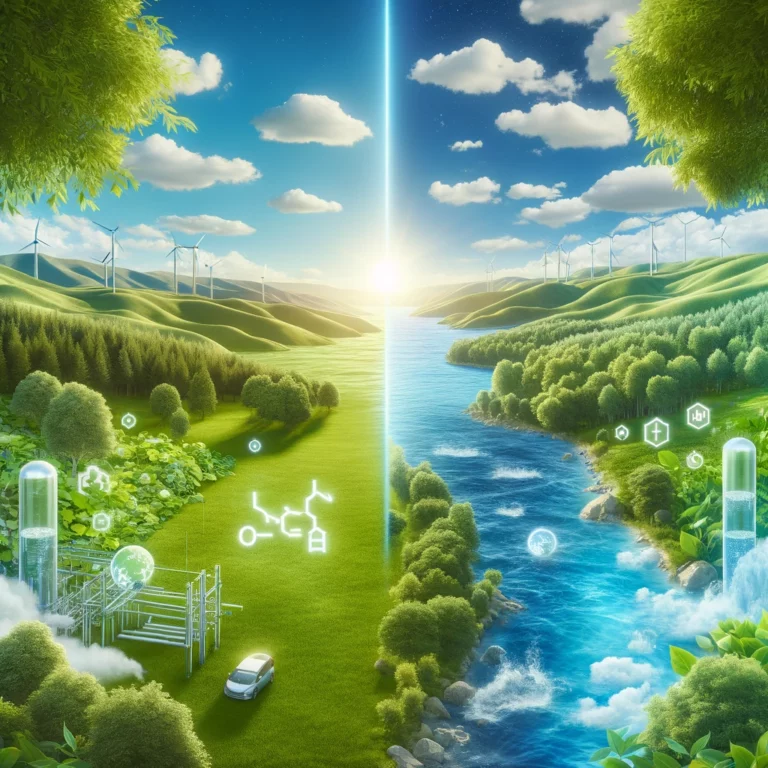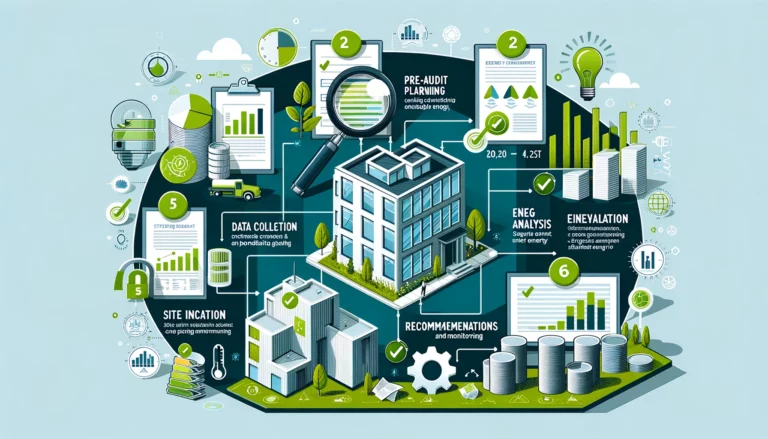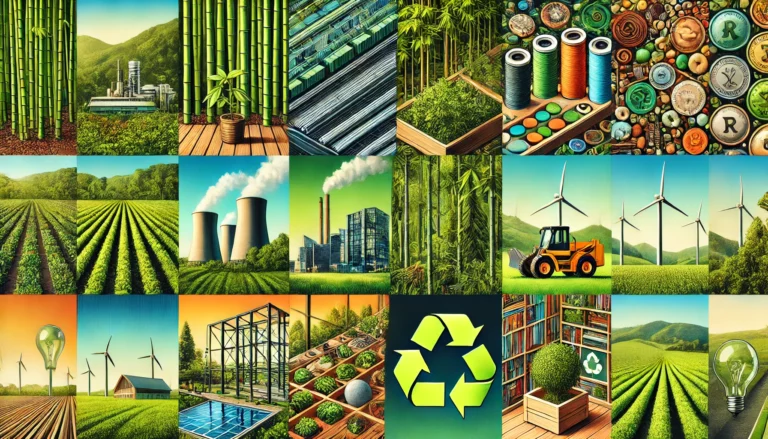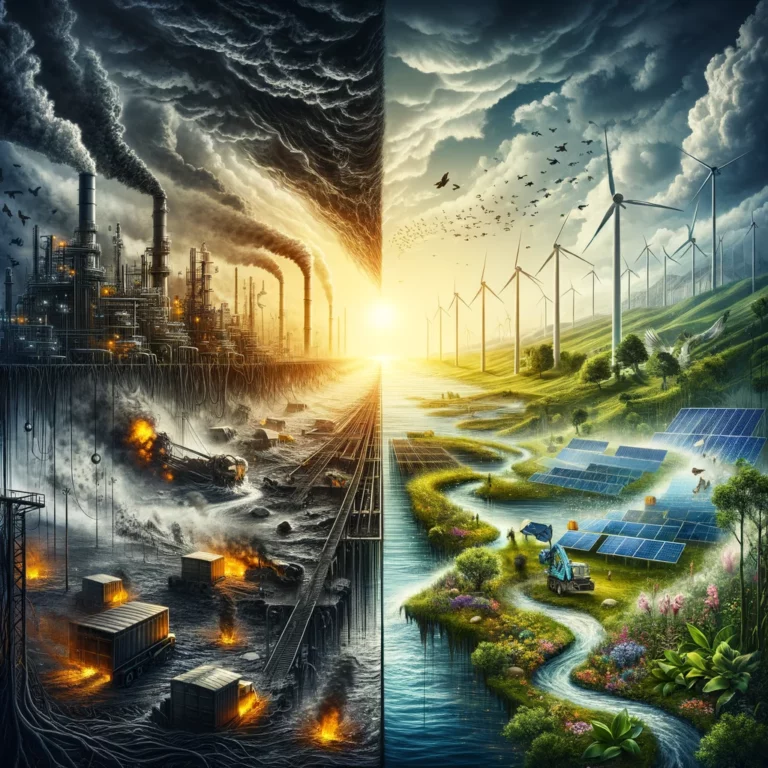In the realm of sustainable energy, hydropower technology stands as a cornerstone of renewable resources, offering a blend of reliability, efficiency, and environmental stewardship. This article explores the forefront of hydropower innovations, highlighting how modern advancements are revolutionizing the industry, enhancing energy production, and minimizing ecological impacts.
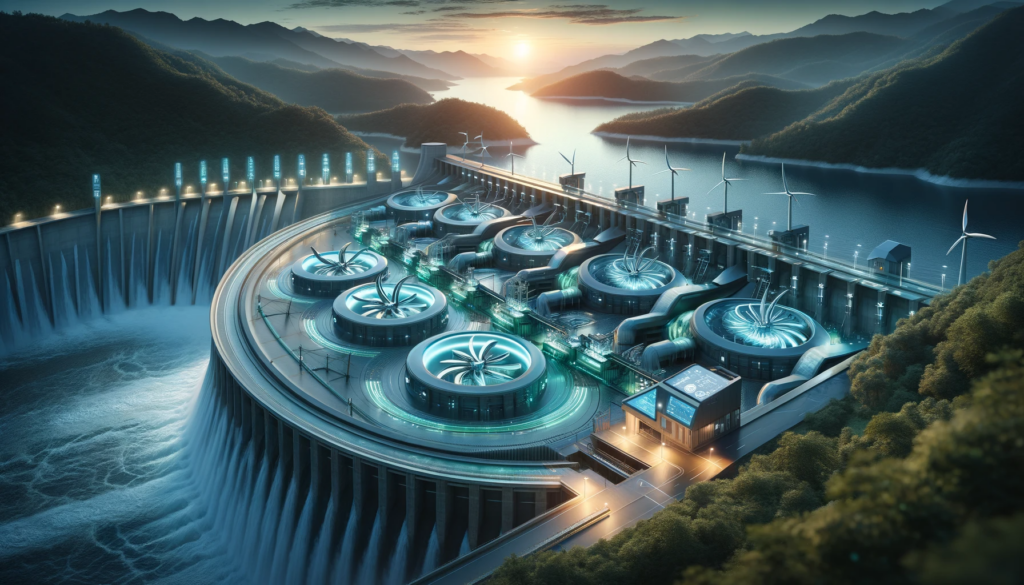
The Evolution of Hydropower Technology
Hydropower has come a long way from its humble beginnings with traditional waterwheels. Today, the sector thrives on continuous innovation, with advancements ranging from improved turbine designs to ecological flow management systems. These developments not only increase the efficiency and output of hydropower plants but also contribute significantly to making them more fish and wildlife-friendly.
Turbine Technology: The Heartbeat of Hydropower
Turbine efficiency is pivotal in converting water flow into electricity. Innovations in turbine design, such as fish-friendly turbines and variable-speed turbines, offer promising improvements in energy generation and environmental conservation. These new designs help in mitigating the impact on aquatic ecosystems, a crucial step towards more sustainable hydropower systems.
Energy Storage Solutions: Enhancing Flexibility
As the demand for renewable energy grows, the integration of energy storage with hydropower plants is becoming increasingly significant. Innovations like pumped hydro storage (PHS) and hybrid systems that combine hydropower with solar or wind energy are pivotal. These technologies enhance grid stability and ensure a constant energy supply, even when water flow is variable.
Digitalization and Smart Management
The digital transformation of hydropower plants through the adoption of smart technologies is a game-changer. IoT sensors, AI, and machine learning algorithms are being used to monitor and optimize water flow, predict maintenance needs, and improve overall efficiency. These digital tools enable real-time management of resources, reducing waste and maximizing output.
Environmental and Social Innovations
Addressing the environmental and social impacts of hydropower is at the forefront of technological advancements. Innovative solutions like improved fish passage systems, sediment management techniques, and habitat restoration projects are essential in aligning hydropower development with ecological and community well-being.
The Future of Hydropower: A Sustainable Vision
The future of hydropower technology is bright, with ongoing research and development focusing on minimizing environmental impacts and maximizing efficiency. From modular and small-scale hydropower systems to advancements in materials science and engineering, the potential for sustainable growth in this sector is immense.
Conclusion: A Sustainable Energy Revolution
Hydropower technology innovations are driving a revolution in the sustainable energy sector, offering a path to a greener, more efficient, and ecologically responsible future. As these technologies continue to evolve and mature, hydropower will undoubtedly play a pivotal role in the global transition towards renewable energy.

